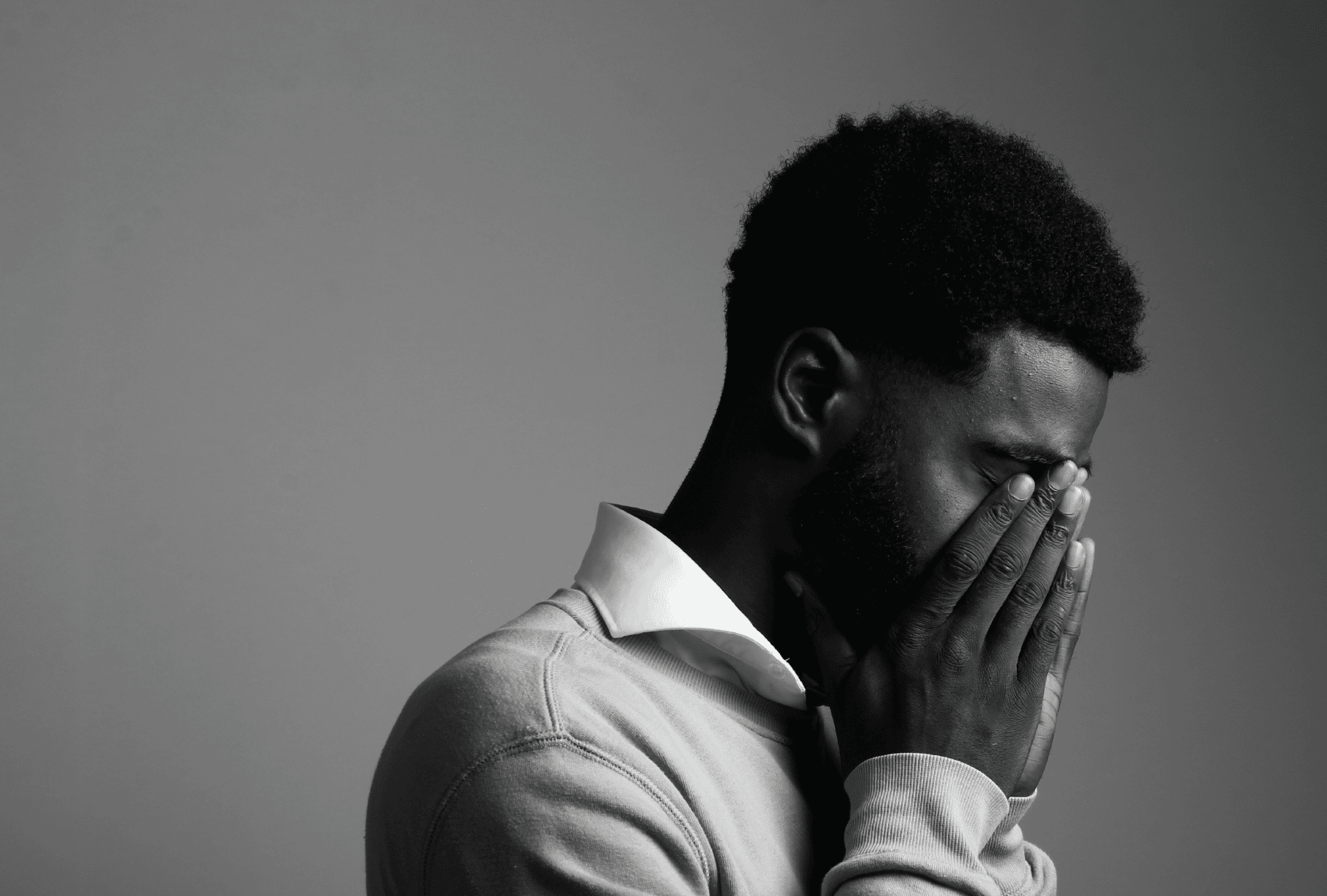A study conducted by the Rwanda Biomedical Center (RBC) in 2018 showed that 11.9% of Rwandans suffer from major depressive disorder, significantly prevalent among survivors of the 1994 Genocide against the Tutsi, with 35% living with it.
This research indicated that one in five people has one or more mental illnesses, while youths between the ages of 14 and 18 experience mental health issues at a rate of 10%.
Furthermore, the study reveals that 61.7% of Rwandans are aware that mental health services are available, yet only 5.3% seek them out, a figure that is considerably low.
Having major depression to the extent that it could be considered a disease is something many people do not understand, yet this illness exists and can be a long-term companion. If not treated, it can grow into other serious health issues.
There are signs that might indicate you are suffering from this illness.
Fearlessness
Living in fear and sorrow beyond human capacity makes one seek refuge in believing that nothing they do could be worse or more painful than what they have already endured. Such individuals often refuse to acknowledge their depression, attributing any achievements to their resilience and overcoming weaknesses, while in reality, this is a strong sign of severe depression.
Alcohol abuse
Major depression might lead to increasing your alcohol intake, possibly doubling it or more, to forget your normal life. This method of heavy drinking is commonly used by those overwhelmed by problems, sadly adding alcohol dependency to their existing issues.
Sex addiction
Some with major depression find their only joy in engaging in sexual activities, becoming addicted because it feels like an escape from loneliness and sadness.
Extreme aggression
A symptom of major depression is feeling indifferent to everything and not wanting anyone to tease or provoke them in the slightest. They also don’t care about the consequences of their anger, leading to potentially violent or even deadly conflicts due to their disproportionate rage.
Emotional numbness
The pain caused by major depression can make one’s heart turn stone-cold, leading to an inability to feel joy even in happy moments or sorrow in sad ones. Such individuals are often seen as unemotional, but this could be a result of deep-seated depression causing them to shut down emotionally.
Constant partying
Some seek refuge from depression in social activities, always being present at nearby parties. This could also be a sign of major depression, where the person doesn’t want to reflect on themselves but prefers being distracted by other activities.
Dissatisfaction
When someone does something you need, supports you in tough times, or is there for you in other ways, but you feel as if it means nothing, it’s a sign of major depression.
Using strength over intellect
Depression can reduce how one uses their intellect, leading to quick, unfocused work with little to show for it because the mind isn’t concentrating properly to think and act wisely.
Laughing or crying involuntarily
Major depression can make a mildly sad situation feel overwhelmingly distressing, disturbing your peace, or in severe cases, you may not find the strength to cry or might even feel indifferent. This type of depression is known as alexithymia.


